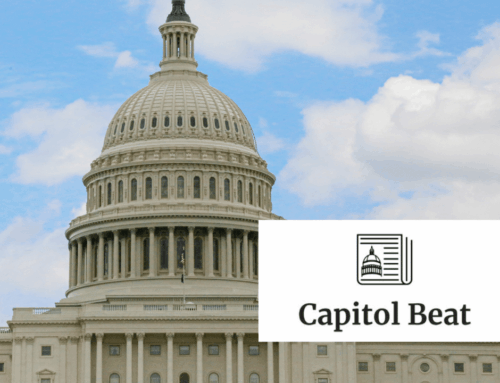We don’t have many modern precedents to use to compare the federal response to COVID-19 with other attempts to spend our way out of a crisis.
There was the deficit-financed spending spree after the terrorist attacks of September 11, 2001. At that time policymakers reformed the essence of security spending in two ways. First, the Department of Homeland Security was created. Second, wars in Afghanistan and Iraq and the amorphous “Global War on Terror” were financed for years with “emergency” supplemental spending and the successor Overseas Contingency Operations (OCO) “off budget”-budget.
Then there was the economic meltdown of 2008 which prompted a federal bailout of airlines, automobile manufacturers, the mortgage industry, and the financial institutions surrounding those sectors.
But in reality, the relative speed and scope of the spending response to COVID-19 is unprecedented. We’ve never seen so much cash go out the door this quickly. Not after major natural disasters like Katrina, or the fiscal crisis or the terrorist attack in 2001.
The global pandemic of 2020 has made this a year of many unprecedented federal responses. The recently introduced HEROES Act is teed up by House Democrats as their opening bid for the next of multiple trillion-dollar emergency spending bills in a single Congress.
At Taxpayers for Common Sense, we’ve been poring over the details of this 1800+ page bill and writing about what we find. In the absence of baseball, or virtually any other sport for that matter you can treat this as a play-by-play call with some color commentary by TCS.
The call: The HEROES Act contains numerous provisions and multiple emergency appropriations. Division A, the part of the bill that resembles a traditional emergency supplemental directing funding to various federal agencies, appropriates more than $1.5 trillion.
TCS: Thanks, technically this $1.5 trillion+ accounts for costs for parts of Division C and D. It does not, however, include revenue effects or costs for making another round of stimulus checks to individuals, as this bill proposes to do. According to the CBO, the CARES Act provisions accounted for $1.7 trillion in increased deficits. The final price tag for this version of the HEROES Act will likely significantly exceed the CARES Act.
The call: At least $74.5 million for Inspectors General across 12 federal agencies.
TCS: Did you know this is the second increase to IG spending in recent weeks. And it shows a welcome desire in Congress to strengthen oversight of these huge increases in funding. The legislation also strengthens protections for Inspectors General in response to recent Presidential attacks on people serving as IGs.
The call: The bill increases authorities for the Department of Veterans Affairs to provide medical care to all veterans and increased help with shelter and other human needs of homeless veterans.
TCS: The bill would also enhance the ability of active duty servicemembers to break rental and service agreements that they cannot fulfill due to circumstances surrounding the pandemic. And some o’ the aid to veterans would include opening up VA parking facilities for homeless vets to live in but wouldn’t require the provision of “outdoor equipment necessary for sleeping – which we took to mean tents and sleeping bags.
The call: The legislation extends many unemployment insurance programs through January 31, 2021 and phase out provisions until March 31, 2021.
TCS: Like in the CARES Act, this bill doesn’t appropriate specific dollar amounts for these provisions, but it does extend the $600 supplemental unemployment benefit and provisions that would benefit workers who would not typically be eligible for UI. It also extends loans and assistance to states that provide additional assistance to the unemployed.
The call: HEROES Act contains another round of direct payments to eligible families.
TCS: You got that right, the bill doubles down on the previous provisions giving eligible families $1200 per family member, capping it at $6000 total.
That’s a wrap for today. There are – not surprisingly – many more provisions in this package that House is taking up today. But this will likely be the highwater mark of the legislation. That’s not to say elements of it won’t survive in another package, they will. But this behemoth isn’t going anywhere in the Senate.










